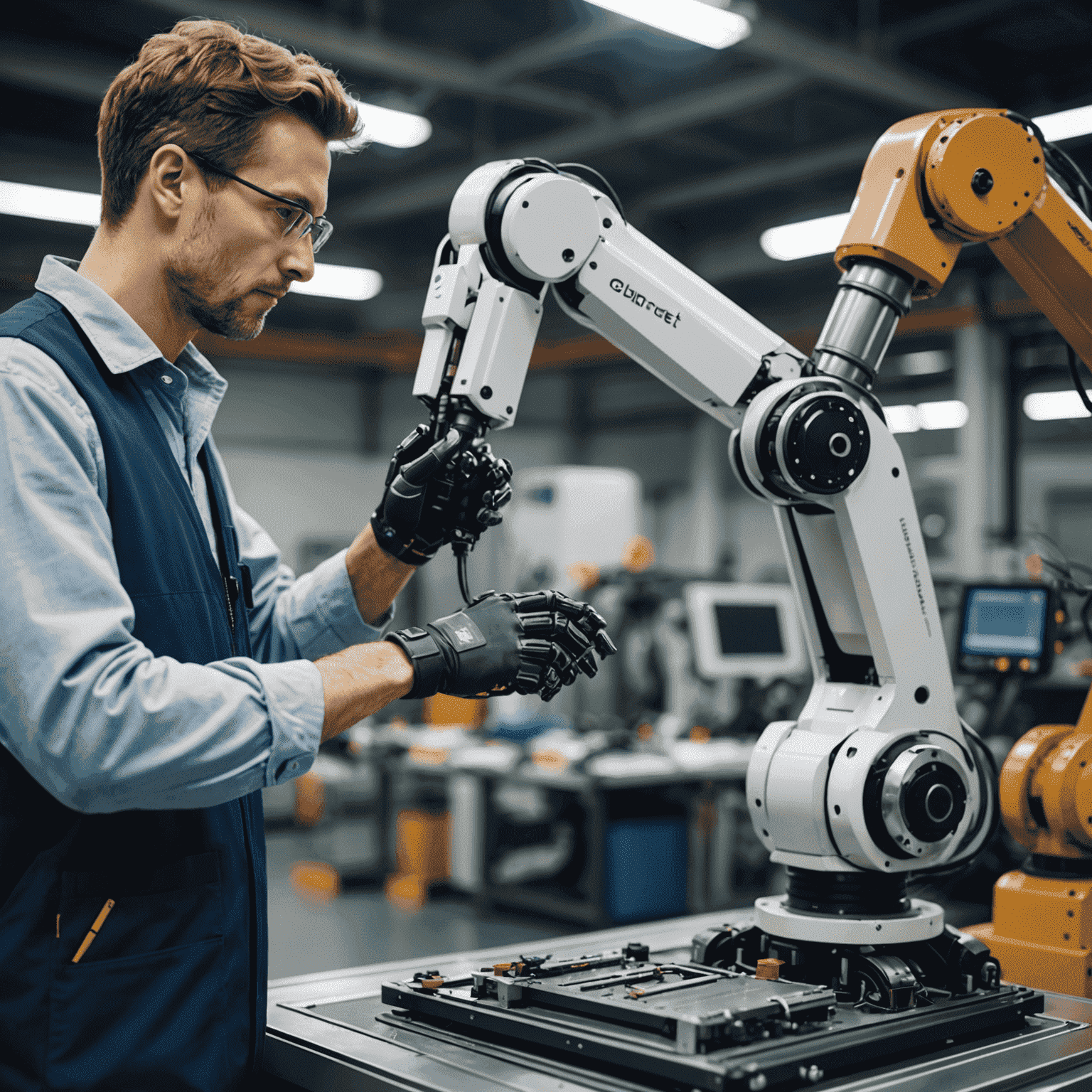The Impact of Technology on the Future of Work

The rapid advancement of technology is transforming the nature of work and the skills required to succeed in the future job market. Automation and technology are increasingly being integrated into various industries, leading to significant changes in the workforce landscape.
As machines become more capable of performing routine and repetitive tasks, many jobs that once required human labor are becoming automated. This shift is not limited to manual labor; even cognitive tasks are being automated through the use of technology and machine learning algorithms. While this automation may lead to the displacement of some workers, it also presents opportunities for the creation of new roles and the need for workers with specialized skills.

To thrive in the future job market, workers will need to focus on developing skills that complement and work alongside technology. This includes skills such as critical thinking, problem-solving, creativity, and emotional intelligence. As technology continues to evolve, the ability to adapt and continuously learn new skills will be crucial for long-term career success.
Furthermore, the rise of remote work and the gig economy, facilitated by technological advancements, is changing the traditional employer-employee relationship. Workers are increasingly seeking flexibility and autonomy in their careers, leading to a growing number of freelancers and independent contractors. This shift requires individuals to be self-motivated, disciplined, and able to effectively manage their time and resources.
To prepare for the future of work, educational institutions and employers must collaborate to provide trtrainingning and upskilling opportunities that align with the evolving demands of the job market. This may involve incorporating technology-focused curricula, promoting lifelong learning, and fostering a culture of innovation and adaptability.

While the impact of technology on the future of work presents both challenges and opportunities, embracing change and proactively preparing for the skills of tomorrow will be essential for individuals and organizations to thrive in the rapidly evolving workforce landscape.